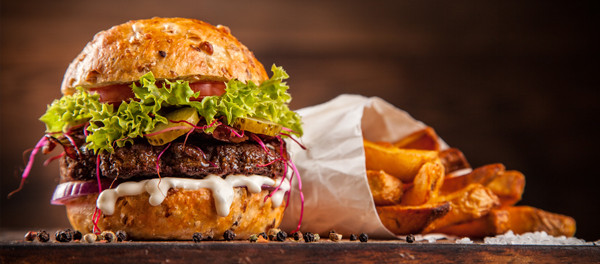How is Stress Affecting How You Eat?

When it’s been a particularly stressful day at work, even the thought of making dinner can be overwhelming. We’ve all been there, where the last thing you want to think about is cooking and doing the dishes; we’d rather kick back on the couch with our favorite comfort food and just relax and unwind. For some it may take a more stressful scenario than the one described, or maybe the stress has to be experienced over a longer period of time, but many of us will turn to food at one time or another to help us cope. This isn’t a totally surprising reaction.
Food, especially comfort foods, tend to be rewarding. Comfort foods are typically high in fat and sugar, which are naturally rewarding to our brains. But comfort foods can also elicit strong emotions and memories, like being with our friends and family, which may take us back to “better times,” helping us to cope with strong negative feelings.
Recently, a paper from the Garvan Institute of Medical Research in Australia has been making the rounds in the media. A research team found that the lateral habenula, a region of the brain that integrates reward response, may play a role in stress-related eating. The researchers found that this region of the brain didn’t seem to dampen the reward response to food like it should. While interesting, there are two important aspects of the study that we should note. The first is that the subjects were mice, not humans. The second is that the effect of stress was seen only in the mice consuming a high-fat diet.
Excerpted from Medscape













